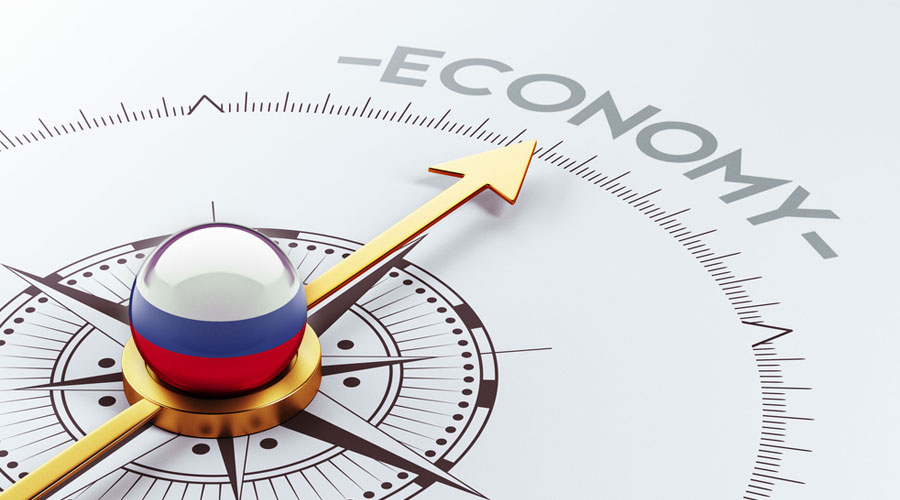The economic cost of Russia’s assault on Ukraine was further exposed on Wednesday as the sanctions-hit country teetered on the brink of its first default on international debt since the Bolshevik revolution.
Moscow is due to pay $117 million in interest on two dollar-denominated sovereign bonds it sold in 2013. But the limits it now faces in making payments, and talk from the Kremlin that it might pay in roubles — triggering a default anyway — has left even veteran investors guessing at what might happen.
One described it as the most closely watched government debt payment since Greece’s default at the height of the euro zone crisis. Others said a grace period that allows Russia another 30 days to make the payment could drag the saga out.
“The thing about defaults is that they are never clear-cut and this is no exception,” said Pictet emerging market portfolio manager Guido Chamorro.
Nickel trading
The London Metal Exchange (LME) halted nickel trading on its electronic system almost immediately on Wednesday in a chaotic resumption of business for a market that has been in limbo for over a week.
LME nickel prices are used as a reference for deals between end-users of the metal and producers and the disorderly reopening left some traders questioning whether participants might look for alternative venues.











